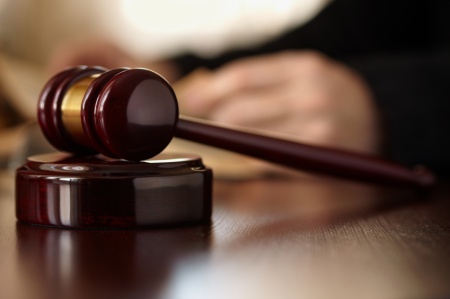What is Probate?
Probate is a legal proceeding in which a state court oversees the process of identifying a deceased person’s heirs, property, and valid debts. The goal is to see that a decedent’s valid debts are paid and to distribute the remaining estate assets to the proper heirs. The process of actually identifying a decedent’s heirs, property, and valid debts is done by the executor or administrator (also known as the personal representative) of the estate. If the decedent left a will, the court normally appoints the person named as executor in the will as the executor. If there is no will, the court will usually appoint a relative or friend of the decedent to act as administrator. The personal representative, usually working in conjunction with a probate attorney, will have the task of sorting out the estate
Which Assets are Subject to Probate?
The assets subject to probate are those which are not titled to a trust and which do not otherwise have a living joint owner or designated beneficiary. Automobiles, boats, and mobile homes registered through the DMV or the Department of Housing are not subject to this rule unless there are already other assets subject to probate.
How Long Does Probate Take?
Time wise, the easiest probates take about a year to complete. However, there are some estates that, for whatever reason, end up taking many years to probate.
The Probate Timeline at a Glance:
- Petition to open the probate is filed
- Notice of the first hearing is published in the newspaper and sent to all heirs and named beneficiaries
- First hearing is held
- Letters of Administration are issued
- Notice sent to all known creditors
- Assets marshaled
- Property sold (if necessary)
- Taxes paid
- Debts paid
- Accounting of Estate and Petition for Final Distribution is filed
- Second hearing is held
- Order signed by judge for distribution
- Final distribution to heirs/beneficiaries occurs

